Watch our video about managing fatigue
Our specialist nurse, Jeni, explains how fatigue can affect people with pancreatic cancer and how it can be managed. Becki, Mark and Sharon share their experiences of fatigue.
Fatigue is extreme tiredness and is a very common symptom of pancreatic cancer and cancer treatments.
People sometimes think that fatigue is something they have to put up with if they have cancer. It’s not always possible to relieve fatigue completely but there are things you and your medical team can do to help you manage it.
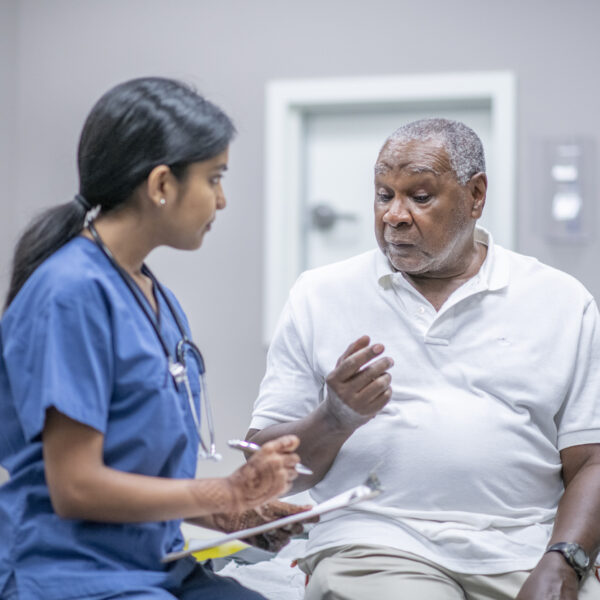
Fatigue isn't the same as just feeling tired. You might feel physically and mentally drained. But it's different for everyone.

Fatigue can be caused by the cancer, symptoms of the cancer or treatments for the cancer. It's important to talk to your medical team about your fatigue so they can help to find the cause.
Our specialist nurse, Jeni, explains how fatigue can affect people with pancreatic cancer and how it can be managed. Becki, Mark and Sharon share their experiences of fatigue.
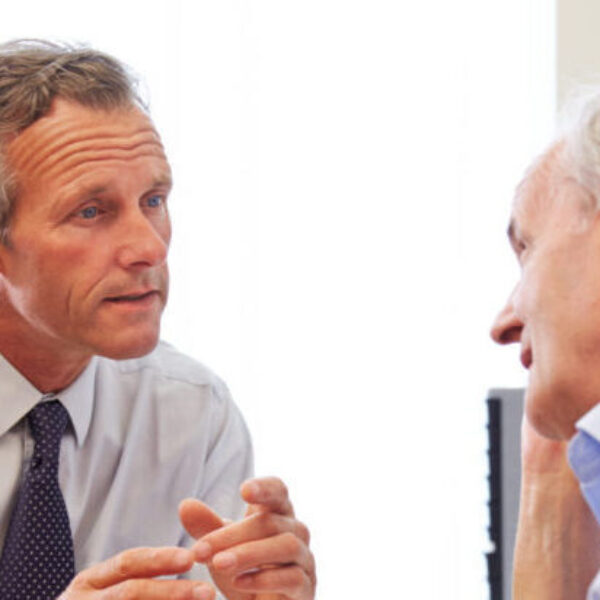
It’s not always possible to relieve fatigue completely. But there are other things you and your medical team can do to help you deal with it.
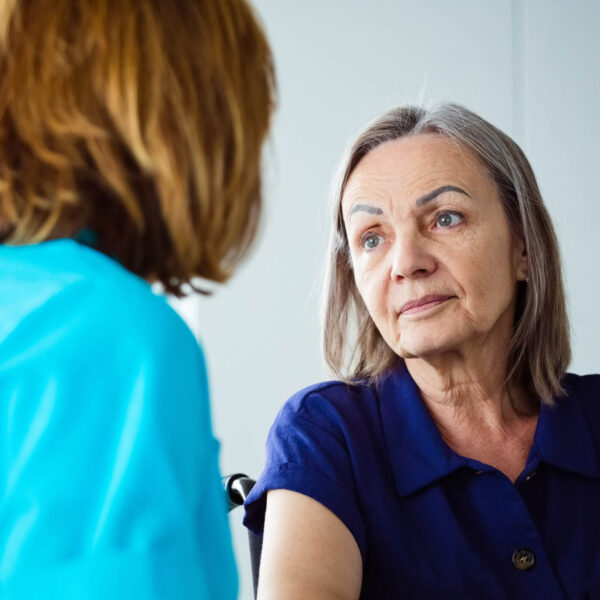
Fatigue can have a big impact on your daily life, and make it harder to do everything you used to do. But there are lots of practical ways to help manage cancer fatigue.
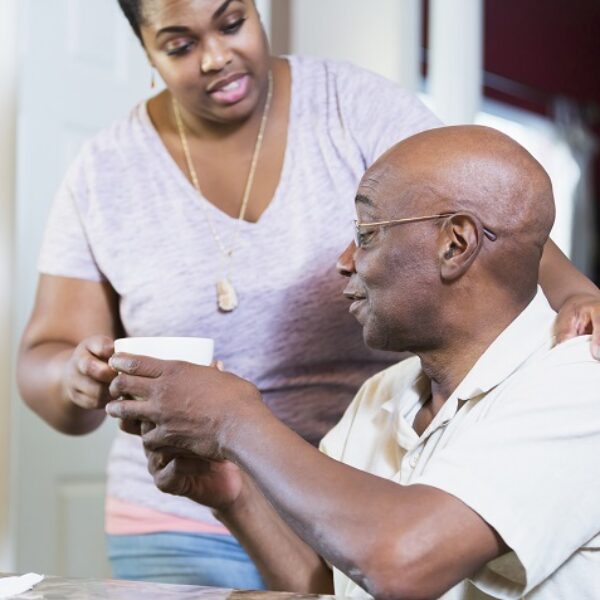
It can be upsetting when someone you love has fatigue, with no energy to do much. But there are lots of ways you can support them. And you may need support, too.
Download our booklet, Fatigue and pancreatic cancer, to read about fatigue.
Or you can order a printed copy of the booklet for free.
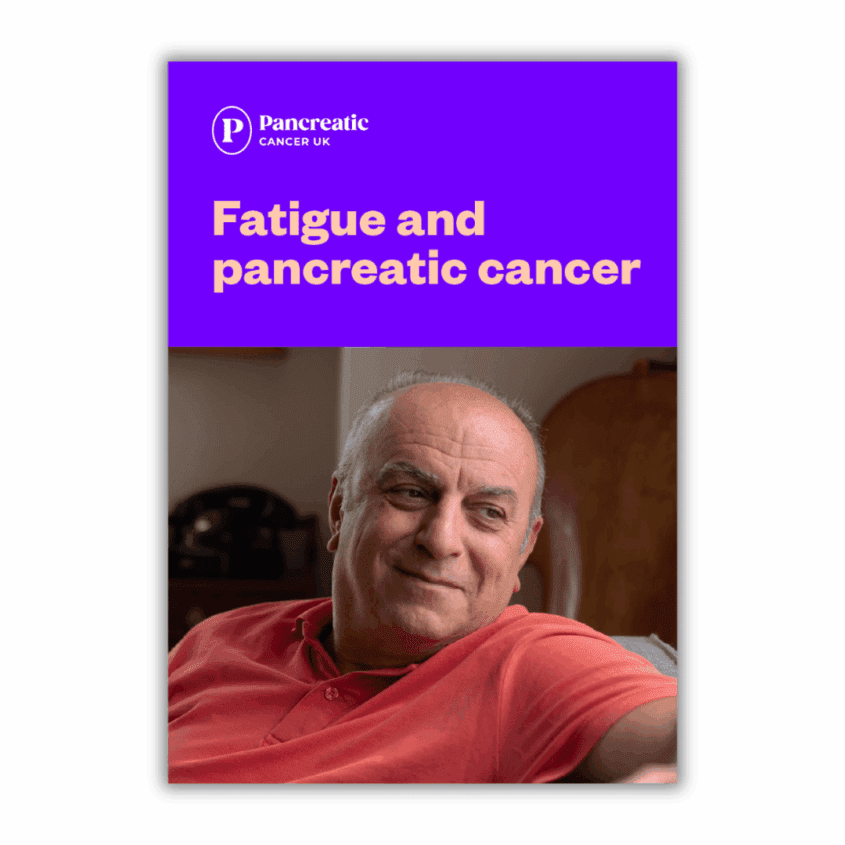
You can speak to our specialist nurses on our confidential Support Line if fatigue is affecting you or someone you are caring for.

We have listed some of the references to the sources used to write this information. If you would like the full list of references, email us at publications@pancreaticcancer.org.uk
We would like to thank the following people who reviewed this information.
Published October 2025
To be reviewed October 2028